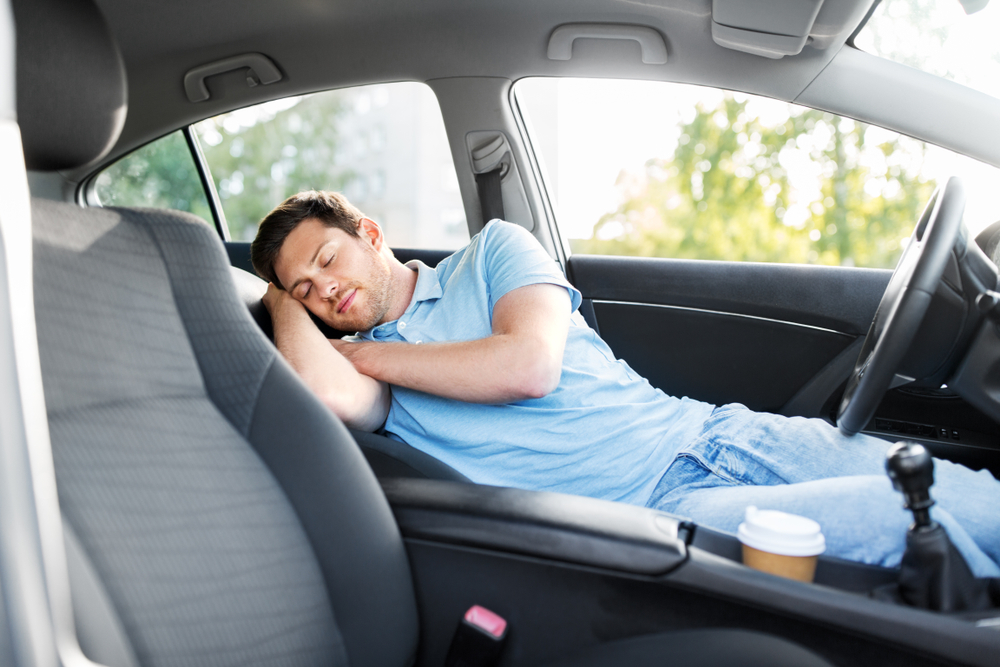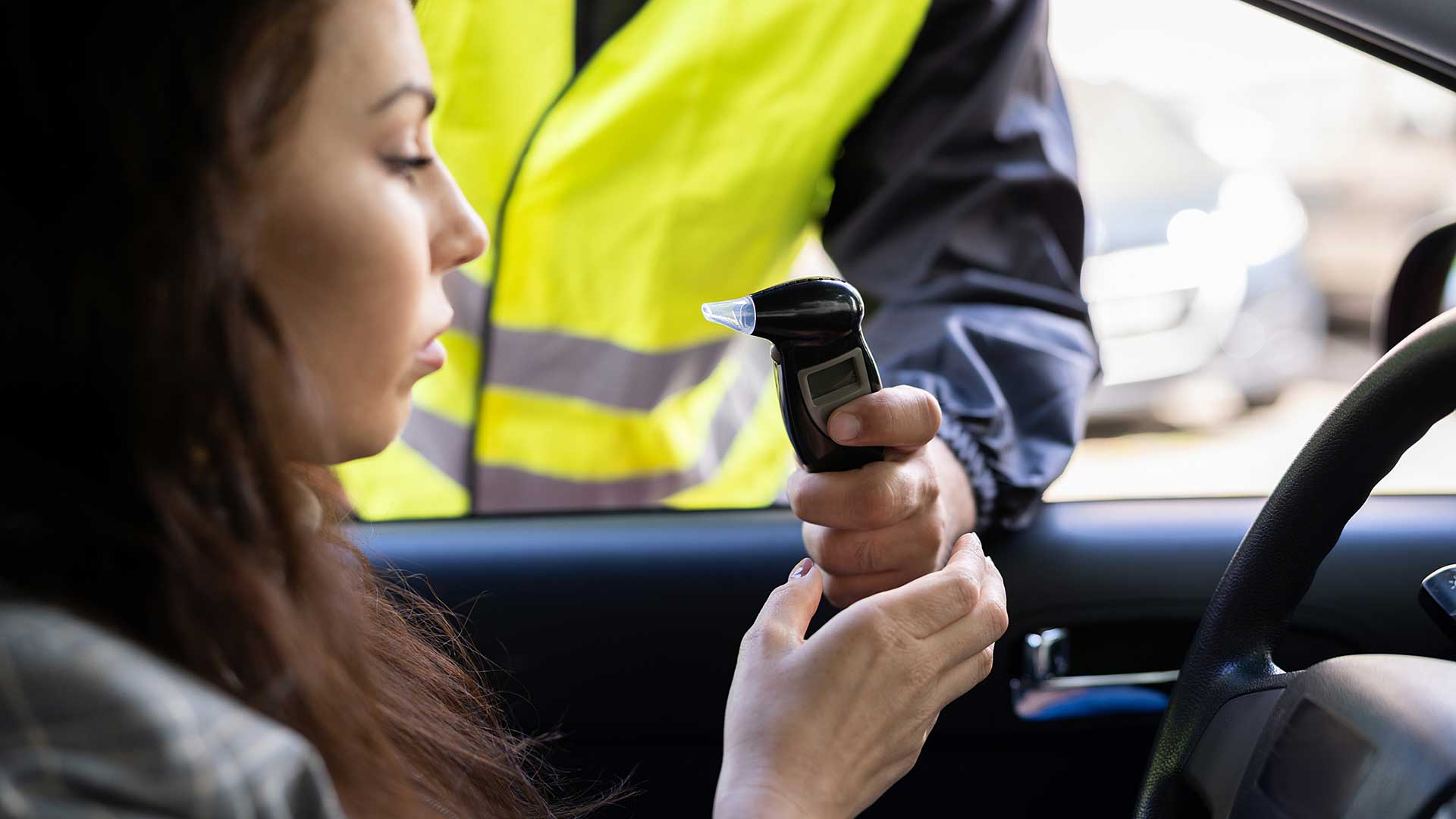If you’ve ever asked yourself whether it’s safer to sleep off a buzz in your vehicle rather than risk driving home, you’re not alone. But here’s the twist: in many states, even if you never started the engine or moved the car, you could still be arrested and charged with DUI sleeping in car. This type of DUI charge surprises countless people each year—and the legal consequences can be just as severe as if you were caught driving on the road.
So, what are your options when dealing with DUI sleeping in car? That’s what this guide is all about. We’ll walk you through the legal risks, real-life scenarios, the laws that govern these situations, and most importantly, the defenses and next steps if you find yourself facing this kind of charge. We’ll keep it conversational, grounded in reality, and as informative as possible without boring you with endless legal jargon.

What Is DUI Sleeping in Car?
Let’s start with what this charge actually means. DUI sleeping in car refers to being arrested for driving under the influence while found sleeping or passed out in a parked vehicle. Even though you weren’t technically driving, law enforcement may assume you had control—or the intent to operate—the vehicle while intoxicated.
Most states use a concept known as “actual physical control” of the vehicle. If an officer believes you had the ability to operate the car while impaired—even if you were just sleeping in the driver’s seat—you could face DUI charges.
This means that:
- Keys in the ignition
- Engine running or heat/AC on
- Car in “Drive” or “Neutral”
- Sitting in the driver’s seat
- Parked on the side of the road or in a public space
…can all be used as evidence against you.
Real-Life Example: Jenna’s Night in the Parking Lot
Let’s meet Jenna. After a few drinks with friends in downtown Austin, she made the smart decision not to drive home. She got in her car, turned the heat on (it was a cold night), and reclined her seat to take a nap. The engine was running, but she had no intention of moving the car.
Around 3 a.m., a police officer doing a routine check noticed her car running in a lot behind a closed business. After a welfare check turned into a field sobriety test, Jenna was arrested for DUI sleeping in car. She was shocked—she hadn’t driven an inch.
Unfortunately, in the eyes of the law, Jenna still had “actual physical control” of the vehicle while impaired. That alone gave the officer grounds for a DUI arrest.

Why Police Arrest People for Sleeping in a Car While Drunk
You might be wondering—why would police charge someone who’s clearly trying to make a safer choice?
The answer lies in liability. Officers and courts don’t want to take the risk that an intoxicated person might wake up and decide to drive. By charging someone with DUI sleeping in car, law enforcement aims to prevent potential harm before it happens.
From a legal standpoint, it’s about intent and access. If you’re capable of turning the ignition and driving, even if you didn’t, that’s often enough for an arrest under current DUI laws.
DUI Sleeping in Car Laws Vary by State
State laws don’t all treat this situation the same way. Some states are harsher, while others consider intent more heavily. Here’s how it plays out in a few examples:
Arizona
Arizona has one of the strictest DUI laws in the country. Under its interpretation of “actual physical control,” you can be arrested for sleeping in your car even if the keys are in your pocket and the car is off.
Texas
In Texas, courts have taken both sides. If the car was running or the keys were accessible, it’s fair game for a DUI sleeping in car charge. But if you were in the backseat and the car was clearly inoperable, some judges may dismiss the charge.
California
California courts tend to evaluate intent and location. If you’re in the driver’s seat with the keys nearby, you’re at higher risk. But if you’re parked safely off the road and not a danger to others, you might have a stronger defense.
Understanding your state’s stance is key to what are your options when dealing with DUI sleeping in car, because not all jurisdictions treat these scenarios the same.
Penalties for DUI Sleeping in Car
The penalties for this charge are typically the same as for standard DUI convictions. That’s why it’s such a surprise to people—they think they’re avoiding legal trouble by choosing not to drive, only to be charged anyway.
Here’s what you could face:
- Fines: From $500 up to $5,000 depending on the state and whether it’s a first offense
- Jail Time: Often mandatory for repeat offenders; even first-timers may face 24–72 hours
- License Suspension: Could last 6 months to several years
- Probation: Courts often impose 1–3 years of supervised probation
- Alcohol Education: Required courses or DUI schools
- Ignition Interlock Device: In many states, you’ll need to install one after conviction
The consequences extend beyond the courtroom. Your job, insurance rates, reputation, and relationships may also take a hit.
What Are Your Legal Options After a DUI Sleeping in Car Arrest?
So now that you understand how serious this can get, let’s talk about what are your options when dealing with DUI sleeping in car from a legal standpoint. You’re not powerless, and there are ways to defend yourself—especially with the help of a knowledgeable DUI attorney.
1. Challenge the “Physical Control” Element
Your lawyer may argue that you didn’t have actual control of the vehicle. Factors that support this include:
- Keys not in the ignition
- Vehicle parked in a safe, lawful spot
- Sitting or lying in the backseat
- Car off and locked
If there’s no clear evidence you were in a position to drive, the charge may be reduced or dismissed.
2. Argue That You Were Not a Threat to Public Safety
Some courts consider whether you posed a danger. If you were safely off the road, voluntarily stopped, and clearly sleeping without intent to drive, this argument may hold weight—especially if you parked before consuming alcohol.
3. Suppress the Arrest Evidence
If the officer didn’t have probable cause to approach or test you—for instance, if you were on private property or inside a locked car—your attorney may file a motion to suppress.
4. Seek a Reduction to a Lesser Charge
If dismissal isn’t possible, your attorney might negotiate a plea to a lesser charge, such as public intoxication or reckless driving. This can help you avoid DUI-specific penalties like mandatory license suspension or interlock devices.
5. Enter a Diversion Program (If Available)
Some states offer diversion or deferred adjudication programs for first-time DUI defendants. These allow you to complete alcohol education, community service, or probation in exchange for dismissal.

Real-Life Example: How Marcus Beat the Charge
Marcus, a college student in Flagstaff, fell asleep in his car in a grocery store parking lot after a night out. The car wasn’t running, and the keys were in his backpack in the trunk. A security guard called the police, who arrived and arrested Marcus for DUI.
Fortunately, Marcus had a strong attorney. They argued that he had no access to the ignition, didn’t pose a threat, and had taken reasonable steps to avoid driving. The judge agreed, and the charge was dismissed.
Stories like Marcus’s show that DUI sleeping in car charges can be beaten—if the facts are in your favor and you build the right defense.
How to Reduce the Risk of Getting a DUI While Sleeping in Your Car
The safest move is always to avoid the car entirely. But if you have no other option, here are tips to lower your risk:
- Sleep in the backseat, not the driver’s seat
- Keep keys far away from the ignition—lock them in the glovebox or trunk
- Make sure the engine is off
- Don’t park on public roads—use a legal, private lot if possible
- Avoid suspicious behavior that could draw police attention
- Document your actions if possible—text someone that you’re sleeping it off to establish intent
While these tips don’t guarantee you won’t be charged, they help strengthen your defense if you are.
Why Legal Representation Matters in These Cases
A DUI charge is bad enough. But a DUI sleeping in car charge can be especially frustrating because it often feels unfair. You weren’t trying to hurt anyone—you were trying to do the right thing. Judges may understand that, but prosecutors usually don’t.
That’s why hiring a DUI attorney—preferably one experienced in handling non-driving DUI cases—is critical. They can assess the strength of the evidence, challenge unlawful procedures, and negotiate better outcomes that protect your record and your future.

Final Thoughts: Smart Decisions and Strong Defenses
At the end of the day, understanding what are your options when dealing with DUI sleeping in car boils down to two things: knowledge and preparation. The law might not always feel fair, but it is enforceable—and prosecutors will use every tool available to make charges stick.
By understanding what the law looks for (like control and intent), taking the right precautions, and getting experienced legal help, you can avoid—or fight—a DUI sleeping in car charge more effectively.


